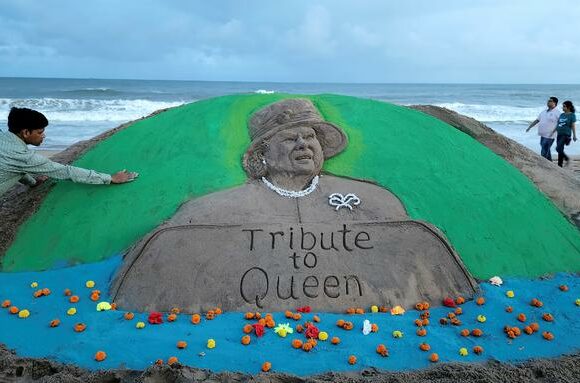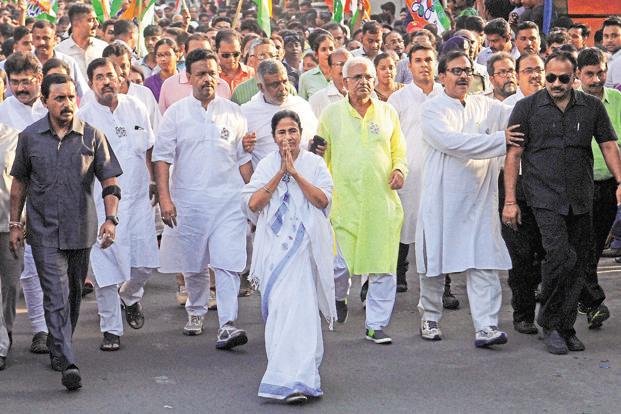Unveiling the Trailblazers: The First Five Doctors of Ancient India

On National Doctor’s Day, it is essential to pay homage to the medical pioneers who laid the foundation for the healthcare system we have today. Ancient India has a rich history of medical advancements, and its early physicians made significant contributions to the field of medicine. In this blog post, we will introduce you to the first five doctors of ancient India, who played a crucial role in shaping the country’s medical heritage.
- Charaka: Charaka, often referred to as the “Father of Indian Medicine,” lived during the 4th century BCE. He compiled the Charaka Samhita, an ancient text that laid down the fundamentals of Ayurveda, the traditional Indian system of medicine. Charaka’s work emphasized the holistic approach to healing, focusing on prevention and treating the root cause of diseases rather than just the symptoms.
- Sushruta: Sushruta, considered the “Father of Indian Surgery,” practiced medicine during the same period as Charaka. He is renowned for his exceptional surgical skills and expertise. Sushruta’s teachings are documented in the Sushruta Samhita, an ancient treatise on surgery. This text provides detailed descriptions of various surgical procedures, including plastic surgery, cataract extraction, and obstetrics.
- Atreya Punarvasu: Atreya Punarvasu, also known as Atreya, was one of the earliest proponents of Ayurveda. He belonged to the Vedic period and is considered one of the pioneers of Indian medicine. Atreya’s teachings, recorded in the Atreya Samhita, emphasized the importance of dietary regulations, herbal medicine, and the balance of bodily humors for maintaining health and treating diseases.
- Dhanvantari: Dhanvantari is an iconic figure in Indian medicine and is revered as the divine physician. According to Hindu mythology, he is believed to be an incarnation of Lord Vishnu. Dhanvantari is associated with the origin of Ayurveda and is regarded as the first teacher of this ancient system. He is often depicted holding a pot of Amrita, the elixir of immortality, symbolizing his connection to healing and rejuvenation.
- Nagarjuna: Nagarjuna, an influential figure in the field of medicine, lived during the 2nd century CE. He made significant contributions to the development of Ayurvedic pharmacology. Nagarjuna’s work focused on the identification and extraction of medicinal plants, as well as the preparation of various herbal formulations. His contributions to the field of pharmacology continue to be highly regarded in Ayurvedic practice.
The first five doctors of ancient India played a pivotal role in shaping the medical landscape of the country. Their contributions to Ayurveda, surgery, and pharmacology laid the foundation for the holistic approach to healthcare that is still valued today. On National Doctor’s Day, let us remember and celebrate these pioneers who dedicated their lives to healing and improving the well-being of others. Their wisdom and teachings continue to inspire and guide us as we navigate the complexities of modern medicine.
Picture Courtesy: Google/images are subject to copyright













